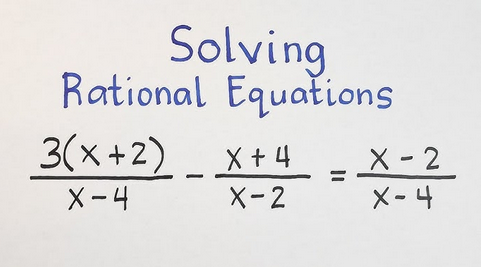What Are Rational Functions?
A rational function is a ratio of polynomials where the polynomial in the denominator shouldn't be equal to zero. It is widely used in various fields like modeling real-world problems, optimizing solutions, and education in algebra and calculus.

More on this later...
Explanation:
Rational functions simplify or model complex equations in science and engineering, with applications in physics, chemistry, biochemistry, and more.
In Mathematics:
A rational function is a mathematical expression represented as \( R(x) = \frac{P(x)}{Q(x)} \), where \( P(x) \) and \( Q(x) \) are polynomials and \( Q(x) \neq 0 \). These functions simplify complex problems and help in various scientific and mathematical analyses.
In short
a rational function is a way of expressing one quantity in relation to another as a ratio, often used to simplify or model complex problems. It helps in understanding how things behave over time or under certain conditions, like forces in physics, circuits in engineering, or even sound and image clarity. These functions are also important for analyzing trends and solving problems in science, engineering, and everyday math.